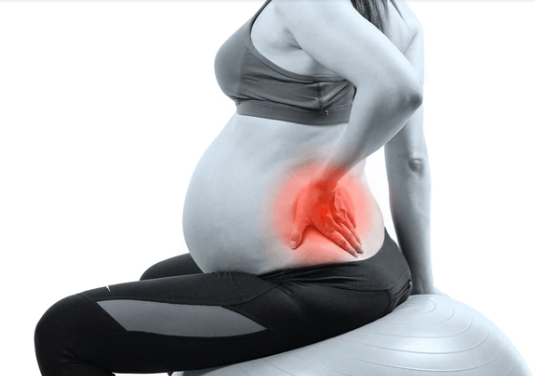Pregnancy is a time of significant physical and emotional change, and experiencing injury or abuse can deeply impact both your well-being and that of your baby. Understanding how these situations can affect your pregnancy and knowing how to seek help and support are crucial for ensuring the health and safety of you and your unborn child.
Effects of Injury on Pregnancy
Physical Trauma: Any injury, whether due to an accident, fall, or other physical trauma, can have serious implications for pregnancy. Depending on the severity and type of injury, potential risks include:
- Placental Abruption: Trauma to the abdomen can lead to placental abruption, where the placenta detaches from the uterine wall, potentially causing bleeding and impacting oxygen and nutrients delivered to the baby.
- Preterm Labor: Injuries can sometimes trigger preterm labor, leading to early delivery. This can increase the risk of complications for the baby, such as respiratory issues and developmental delays.
- Fetal Injury: In severe cases, physical trauma may directly affect the baby, potentially causing injury or developmental problems.
Medical Attention: It’s crucial to seek immediate medical attention if you experience any injury during pregnancy. Your healthcare provider will assess the extent of the injury, perform necessary tests, and monitor your pregnancy closely to manage any potential risks.

Effects of Abuse on Pregnancy

Emotional and Psychological Impact: Experiencing abuse—whether physical, emotional, or psychological—can significantly affect your mental health. This stress and trauma can lead to:
- Mental Health Issues: Increased risk of anxiety, depression, and post-traumatic stress disorder (PTSD), which can impact your overall well-being and ability to care for yourself and your baby.
- Impact on Prenatal Care: Emotional distress can affect your ability to attend regular prenatal appointments, follow medical advice, and maintain a healthy lifestyle.
Physical Health Risks: Abuse can lead to direct physical harm, as well as increased stress that might affect your pregnancy. Potential risks include:
- Miscarriage or Preterm Birth: Stress and trauma from abuse can contribute to complications such as miscarriage or preterm labor.
- High Blood Pressure: Chronic stress from abuse can lead to high blood pressure and preeclampsia, which can endanger both you and your baby.
Seeking Help and Support
- Medical Care: If you are dealing with injury or abuse, it’s essential to inform your healthcare provider. They can offer medical evaluations, recommend treatments, and provide resources for both physical and emotional support. Ensure you attend all prenatal appointments to monitor your health and your baby’s development closely.
- Support Services: Reach out to support services and counseling if you are experiencing abuse. Many organizations offer resources for individuals in abusive situations, including hotlines, shelters, and counseling services. They can provide you with support, safety planning, and legal assistance if needed.
- Creating a Safety Plan: If you are in an abusive situation, creating a safety plan is vital. This includes identifying a safe place to go, keeping important documents and medications accessible, and establishing a support network of friends, family, or advocates.
- Mental Health Support: Addressing emotional and psychological trauma through counseling or therapy can be beneficial. Mental health professionals can help you manage stress, anxiety, and depression, providing strategies to cope with your situation and maintain your overall well-being.
Your Role and Next Steps
Taking proactive steps to protect your health and your baby’s health is crucial. Seek immediate medical care for injuries and reach out to support services if you are experiencing abuse. Open communication with your healthcare provider is essential for ensuring that any potential complications are addressed promptly and effectively.
Conclusion: Remember, you have the right to a safe and healthy pregnancy. By seeking help and utilizing available resources, you can work towards a safer environment and better outcomes for you and your baby.

